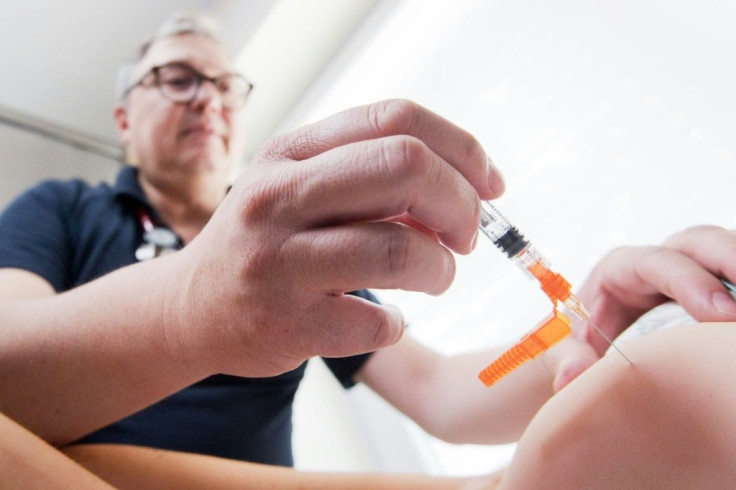Measles Outbreak 2019: Four European Countries Lose Status As Measles-Free From World Health Organization

As measles outbreaks continue to pop up worldwide, several European countries are no longer considered free of the virus.
The news came via the World Health Organization, who revealed Thursday that four European countries are no longer categorized as measles-free. Albania, Greece, the Czech Republic, and the United Kingdom have all seen flare ups in 2019, putting the entire continent on pace to double the number of cases.
And up until recently, measles was considered eradicated in the four countries.
Much like the U.S., the outbreaks in Europe have been credited to the growth of the anti-vaccination movement in the last few years. It has experienced a boom worldwide thanks to social media, using platforms like Facebook and Twitter. Politicians have also played a part in this, with some using populist or religious reasoning to move people away from vaccinations.
“Re-establishment of measles transmission is concerning,” Regional Verification Commission chair Dr. Günter Pfaff told media. “If high immunization coverage is not achieved and sustained in every community, both children and adults will suffer unnecessarily and some will tragically die.”
Since the start of 2019, Europe has already had around 90,000 confirmed cases of measles across the region. This is well over 2018’s total, which had seen a rise from the previous year with over 88,000 confirmed cases of measles.
“Great efforts to control this highly contagious disease have brought us a long way towards regional elimination,” WHO Regional Director Zsuzsanna Jakab told media. “This is the time and opportunity to address any underlying health system, social determinants and societal challenges that may have allowed this deadly virus to persist in this region.”
© Copyright IBTimes 2025. All rights reserved.




















